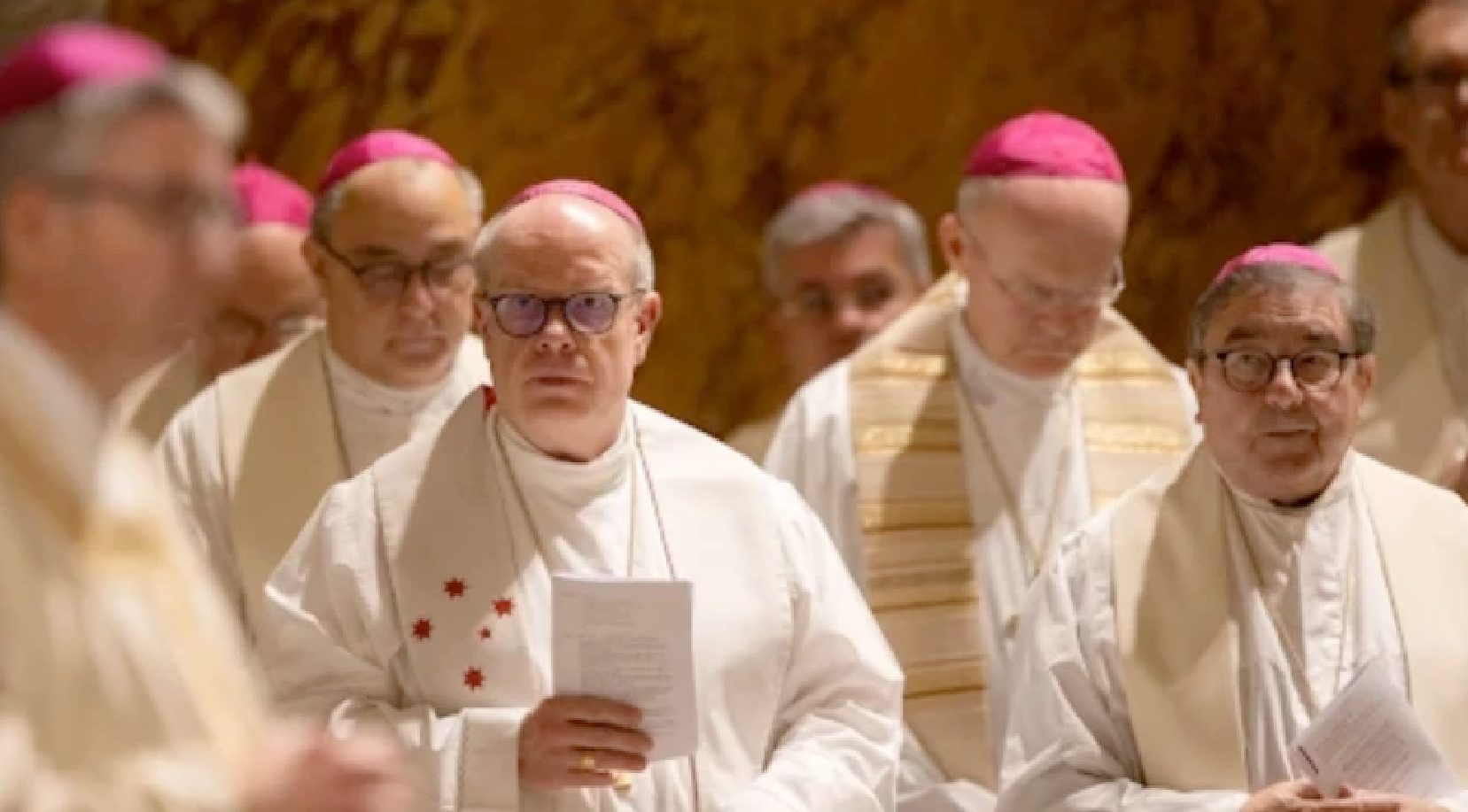(ZENIT News / Rome, 09.27.2025).- When a new papal interview draws as much attention in Germany as in Rome, it is usually a sign that the Catholic Church is standing at one of its recurring crossroads. Such is the case with the recent book-length conversation with Pope Leo XIV, in which he touched directly on some of the most charged questions of his nascent pontificate: the wounds of abuse, the role of women, and, perhaps most visibly, the way the Church accompanies Catholics who identify as LGBTQ.
The Pope’s remarks on same-sex blessings were characteristically nuanced but left little room for ritual experimentation. He acknowledged that all persons may receive God’s blessing but cautioned against the creation of liturgical formulas for couples, a practice he said runs contrary to the 2023 Vatican declaration «Fiducia Supplicans». “It is not about considering these people bad,” Leo XIV explained, “but about respecting the Church’s teaching while learning to welcome those who are different.”
His words landed in a German Church already wrestling with precisely these questions. For months, bishops in the country have been circulating a pastoral guide entitled «The Blessing Strengthens Love», designed to offer priests and pastoral workers principles for blessing couples whose relationships cannot be recognized sacramentally. From the outset, the project has drawn scrutiny in Rome and sharp criticism from more conservative circles, yet its architects insist it is not a rebellion but a concrete application of the papal text.
Bishop Georg Bätzing, president of the German Bishops’ Conference, made that point repeatedly during the plenary assembly in Fulda this September. Responding to suggestions that the German hierarchy is deliberately courting confrontation with Rome, Bätzing replied flatly: “There is no episcopal disobedience here. To portray our initiative as a rupture is unfounded and unfair.” He insisted the guide was drafted in dialogue with the Dicastery for the Doctrine of the Faith and that it deliberately avoided liturgical formulas of the kind criticized by the Pope.
The tension, then, lies less in doctrinal opposition than in questions of tone and perception. While the Pope warned against ritualizing blessings, German bishops see themselves offering pastoral tools to help priests respond compassionately in a secularized society where many Catholics are distanced from traditional structures. The divergence is not over whether persons may be blessed, but over how to safeguard fidelity to Church teaching while addressing lived realities in parishes.
The Fulda gathering also revealed that the German hierarchy is undergoing internal consolidation. Bätzing announced a sweeping reduction of episcopal commissions—from fourteen to eight—reflecting a shift toward broader, strategy-driven areas such as family and education, ecumenical dialogue, and communications. Critics of this restructuring warn that expertise could be diluted; defenders see it as a necessary step toward a more synodal, focused episcopal conference.
Beyond the debates over blessings and bureaucracy, Bätzing also offered an unusually candid appraisal of how the German Church fared during the coronavirus pandemic. While some clergy embraced digital platforms, many, he admitted, struggled to adapt, leaving pastoral care weakened in a time of crisis. Digital evangelization, he said, must remain a permanent element of the Church’s mission: “It fosters collaboration and opens new avenues of pastoral presence even outside ecclesial spaces.”
The stakes of this dialogue between Germany and Rome are high. German bishops, facing one of the fastest secularizing societies in Europe, argue that pastoral creativity is not a luxury but a necessity.
The current dispute may ultimately prove less a clash than a test of whether local initiatives and papal guidance can converge into a coherent path forward. As Bätzing put it, “The themes of our episcopal conference must be integrated into new structures.” For now, those structures—and the way they handle blessings, both symbolic and liturgicals—remain very much under construction.
Thank you for reading our content. If you would like to receive ZENIT’s daily e-mail news, you can subscribe for free through this link.

